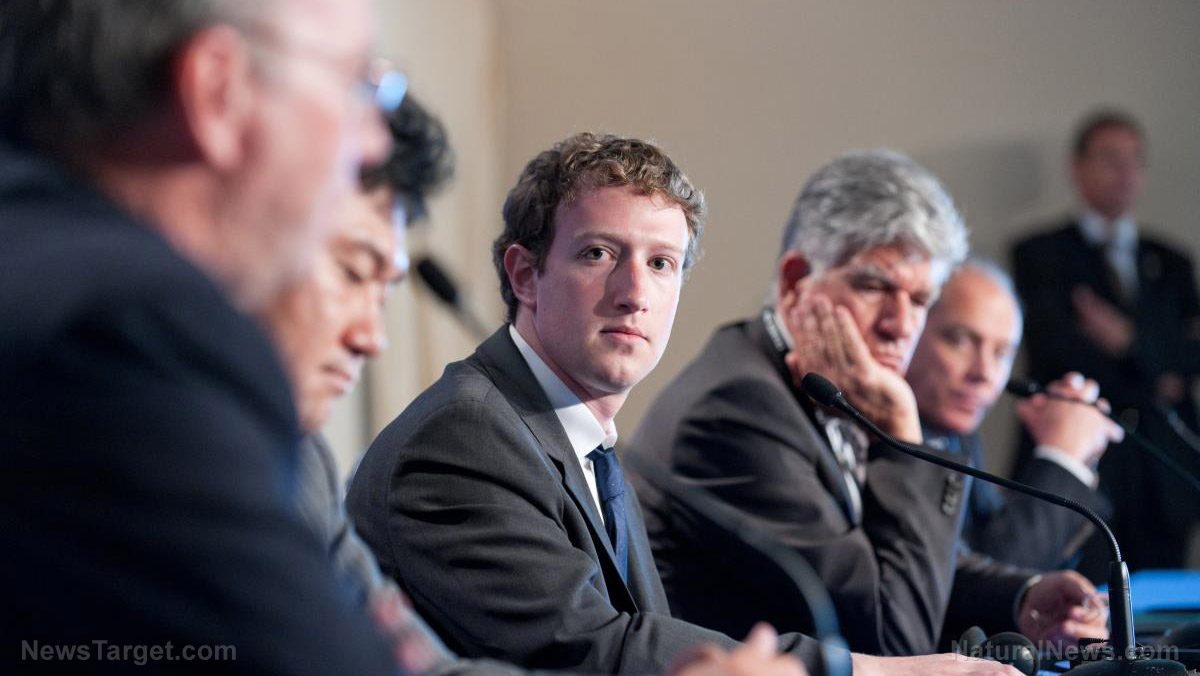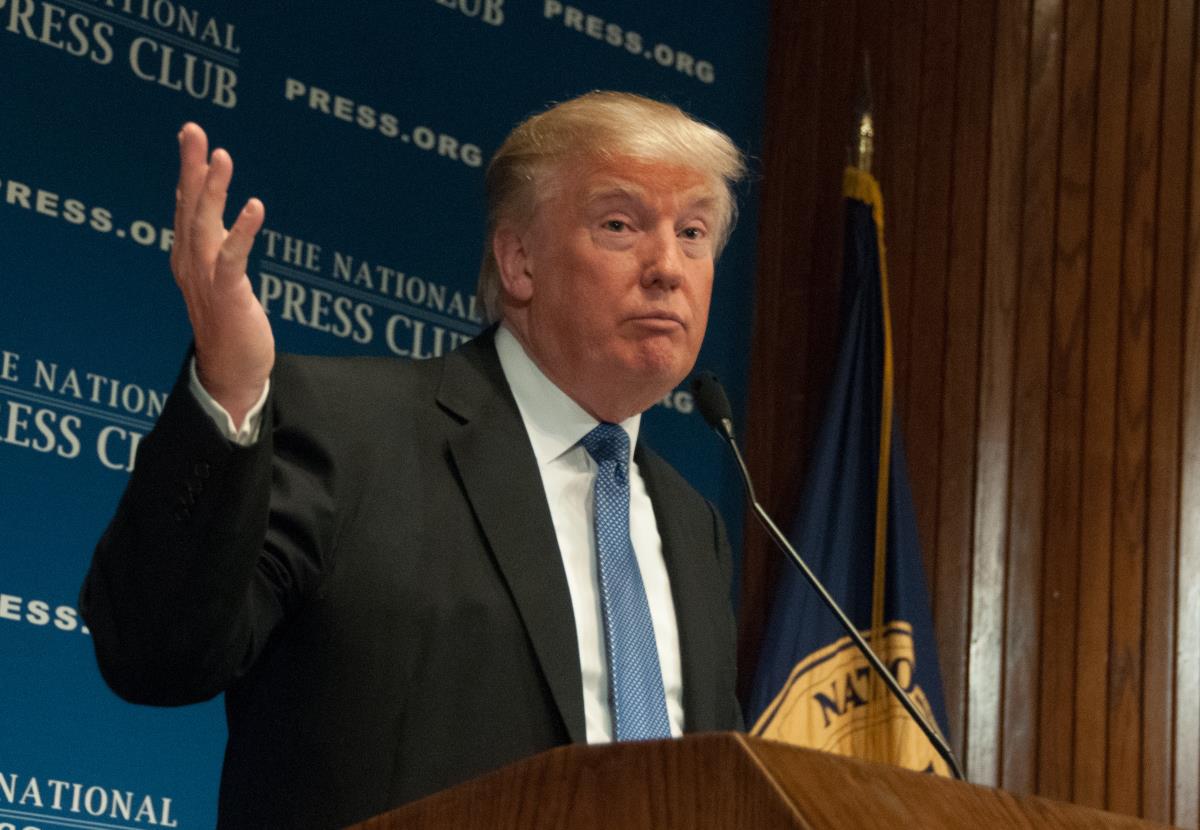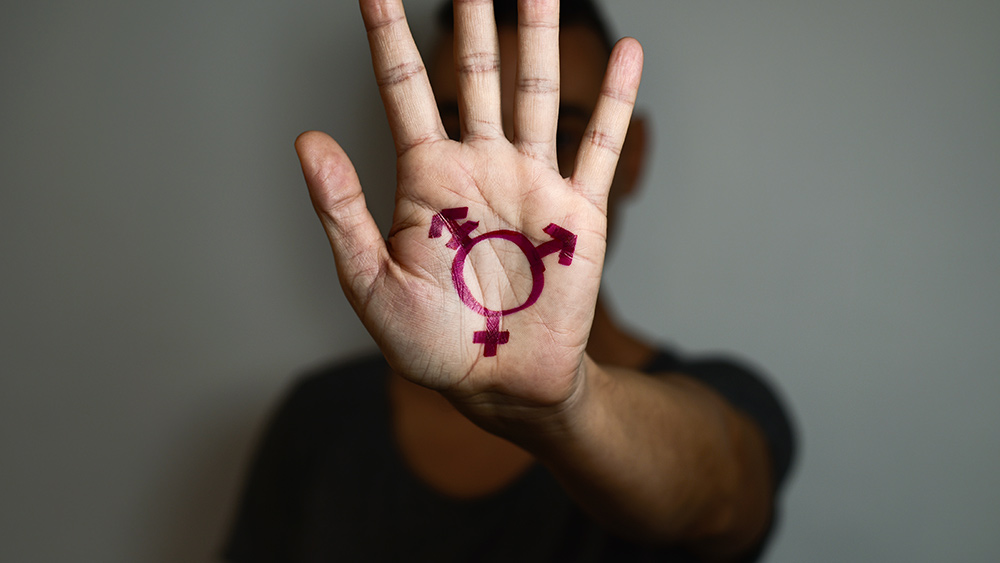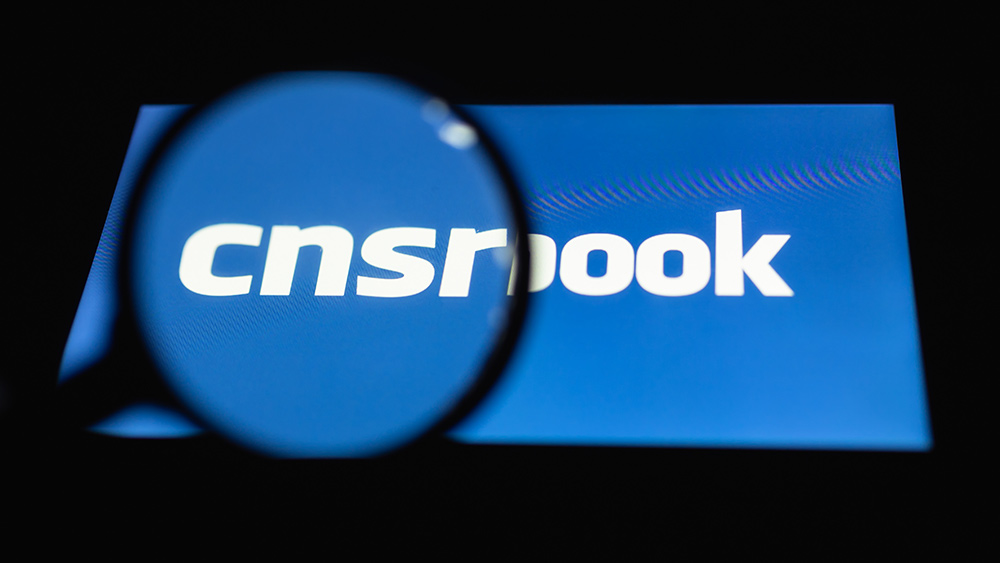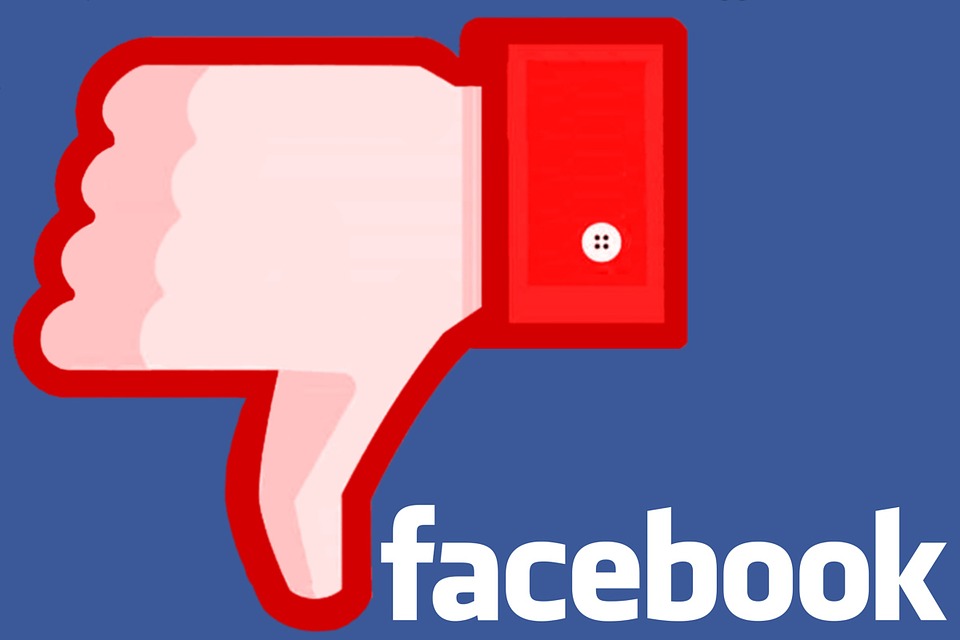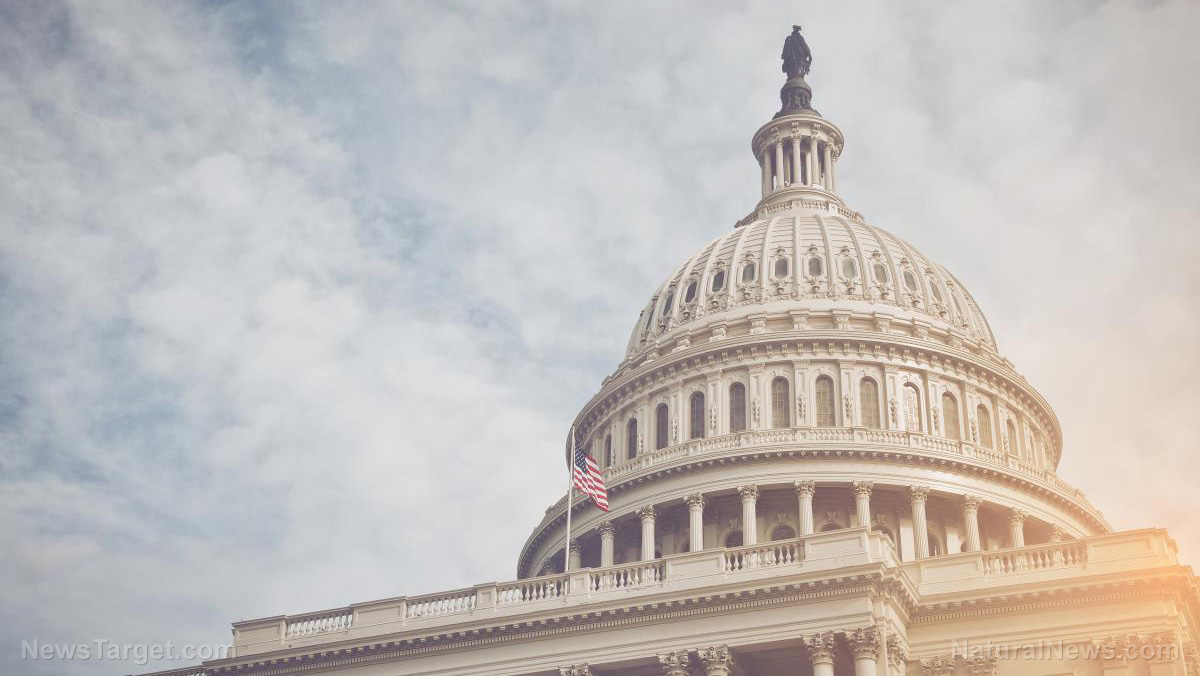Facebook to pay users to deactivate accounts for election-related “study”
09/27/2020 / By Ramon Tomey

Social media platform Facebook is planning a study aimed at observing the effects of social media on how people will vote during the Nov. 3 presidential elections. Part of the study involves users voluntarily deactivating their accounts from around the end of September until after the general elections, with participants receiving up to $120 in compensation.
A Sept. 4 tweet by Washington Post reporter Elizabeth Dwoskin posted a screenshot of a survey form indicating a weekly payment ranging from $10 to $20. Liz Bourgeois, a spokesperson for Facebook, replied to Dwoskin’s tweet, confirming that “anyone who chooses to opt-in” will receive payment. Bourgeois added that such a practice is “fairly standard” in academic research.
According to an Aug. 31 post on the company’s corporate page, the study will involve 17 independent researchers from various U.S. universities who will not be compensated by Facebook to ensure no conflict of interest happens. The post also mentioned that the study’s initial results would be available by the middle of 2021.
Users who participate would deactivate their Facebook accounts for either a week or six weeks, with a survey required to be taken before their accounts are restored. In addition, they are not to use Instagram – another platform owned by Facebook – during the period when their account is deactivated. Users will be informed of how long their accounts will stay deactivated when the study commences.
Facebook expects from 200,000 up to 400,000 people to participate, although it is not known how it will target users to sign up. Regardless, the social media giant mentioned that samples used in the study will ensure that participants mirror “the diversity of the U.S. adult population” and users on both Facebook and Instagram.
An examination of its role in elections or an experiment in mass censorship?
More than a week ago, Facebook CEO Mark Zuckerberg announced the platform would not allow new political ads one week before the presidential elections. In addition, he also announced that posts that discourage voters from visiting polling precincts for fear of contracting the coronavirus would be removed.
Zuckerberg also posted that content that “seeks to delegitimize the outcome of the election” will be labeled accordingly. Furthermore, posts by any candidate on the platform who declares victory before the final results “consensus” will have a label directing them to the official poll results from Reuters and the National Election Pool.
The Facebook CEO’s pronouncements regarding its role during the Nov. 3 presidential elections may seem commendable, but evidence from inside the company says otherwise. The platform’s moderators who lean “100 percent” left have been known to target conservative viewpoints, according to a Project Veritas report featuring Facebook content moderator Ryan Hartwig.
Israel Amparan, one of Facebook’s content moderators, called supporters of President Donald Trump “f—ing crazy a—holes” and targeted content by pro-Trump users because it “scared him.” Steve Grimmet, a Facebook content moderation team lead, said that Trump supporters fall under the same speech category as Hitler based on the platform’s policy on dangerous individuals and organizations.
With Facebook’s extensive power over censorship and content moderation on the social media platform, fears of its possible interference in the U.S. elections this November are not unfounded. Up to 400,000 users are expected to participate in the study involving account deactivation — more than enough votes to make or break President Trump or Democratic nominee Joe Biden.
It is also possible that users with express conservative political views may be encouraged to participate in order to de-platform them, thanks to the oversight of its content moderators who strike down posts that express support towards the incumbent president.
Find out more about how censorship from Big Tech companies such as Facebook can affect the outcome of the November general elections at Censorship.news.
Sources include:
Tagged Under: 2020 elections, account deactivation, banned, Censored, Censorship, elections, Facebook, First Amendmentent, First AmendmFacebook, free speech, freedom of speech, Instagram, left-leaning, leftism, manipulation, mark zuckerberg, opinions, psychology, research, Study, tech giants, zuckerberg
RECENT NEWS & ARTICLES
COPYRIGHT © 2017 BigTech.news
All content posted on this site is protected under Free Speech. BigTech.news is not responsible for content written by contributing authors. The information on this site is provided for educational and entertainment purposes only. It is not intended as a substitute for professional advice of any kind. BigTech.news assumes no responsibility for the use or misuse of this material. All trademarks, registered trademarks and service marks mentioned on this site are the property of their respective owners.


